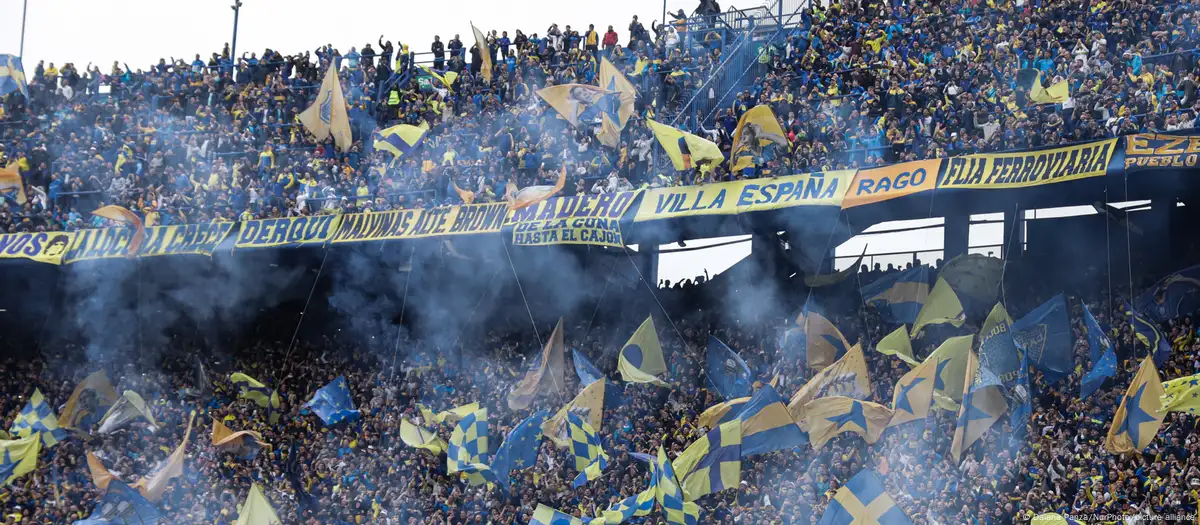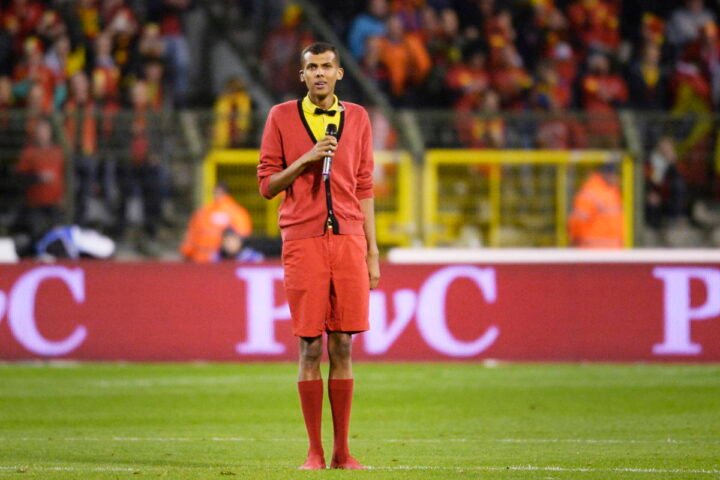A court in Buenos Aires has blocked President Javier Milei’s plans to open up Argentinian football to private investment. The issue continues to split the country’s most popular sport, with some even looking to Germany.
An attempt by Argentinian President Javier Milei to allow the country’s member-controlled football clubs to pass into private ownership by emergency decree was blocked by a Buenos Aires court on Monday.
Milei came to power in December pledging to tackle Argentina’s economic crisis by making massive cuts to public spending and privatizing whole swathes of the public sector.
And the right-wing libertarian wants to apply the approach to football, too, with Argentina’s most popular sport ravaged by poor financial management and corruption, and in need of investment in key infrastructure.
What is the controversy about?
But the legal status of Argentinian football clubs as “asociaciones civiles” – non-profit civil associations – with boards and presidents elected by tens of thousands of members, can put off private investors, who wouldn’t be able to control what is done with their money.
However, that status also affords the clubs immense socio-cultural value which goes far beyond football; many clubs play central roles in their communities, with the professional football operations helping to fund other sports within the club, and even other cultural and educational pursuits.
This was the argument made by the Argentinian Football Association (AFA), which had appealed against Milei’s emergency decree. It insisted that it operated a “solid model” and complained about “the obvious interference of the state in private entities” which it said “violated countless articles of the constitution.”
Judge Elpidio Portocarrero Tezanos Pinto agreed and on Monday temporarily annulled the provisions of the decree “until a final ruling is issued,” reasoning:
“No person who has gone through the life of a sports and social club, in any of its economic dimensions – including free of charge – cannot deny the transcendental importance it has had for their development.”








